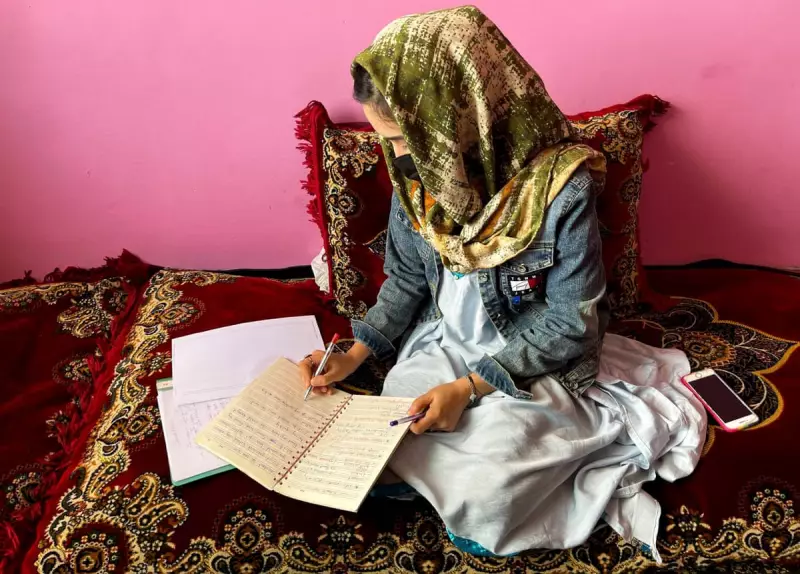
In a deliberate move to sever Afghanistan from the global community and enforce its rigid ideology, the Taliban regime is orchestrating a systematic dismantling of the nation's internet infrastructure. This digital siege, far more sophisticated than a simple blackout, is strategically targeting the last remaining avenues of hope and connection for women and girls.
A Strategy of Isolation
Authorities are not merely pulling a plug; they are implementing a multi-layered approach to digital control. This includes throttling bandwidth to a crawl, making it impossible to load educational resources or communicate via video, and imposing widespread censorship that blocks access to vital information and support networks. The result is a population, particularly its female half, being pushed into informational darkness.
Education Under Attack
The consequences for education are catastrophic. With universities and schools for girls above primary age already shuttered, the internet had become a critical lifeline. Online courses, virtual classrooms, and digital libraries were the last bastions of learning for millions. Now, with connectivity severed or rendered useless, this final door to knowledge is slamming shut.
"The internet was our window to the world, our silent classroom," one young woman told The Guardian from Kabul, speaking on condition of anonymity. "Now, that window is boarded up. They are not just closing schools; they are erasing our futures."
The Human Cost of Disconnection
Beyond education, the shutdowns have a chilling effect on every aspect of life for women:
- Economic Survival: Women running small businesses from home can no longer access online markets or banking services.
- Health Information: Access to telehealth consultations and critical health advice is disappearing.
- Social Support: Online communities that provided psychological support and a safe space to share experiences are being fractured.
- Freedom of Expression: The ability to report on injustices or connect with the outside world is being systematically eliminated.
International Condemnation and a Flicker of Resistance
The Taliban's actions have drawn widespread international condemnation, with human rights groups labelling the policy as gender-based persecution. However, global responses have so far failed to reverse the slide into digital isolation.
Despite the immense risks, a flicker of resistance persists. Tech-savvy activists are reportedly exploring alternative means of communication, from satellite internet to mesh networks, in a desperate attempt to keep the lines of information open. Yet, these efforts are dangerous and piecemeal against the state-backed campaign of suppression.
As the digital noose tightens, Afghanistan risks becoming a nation silenced, its women and girls forcibly removed not just from classrooms, but from the 21st century itself.





